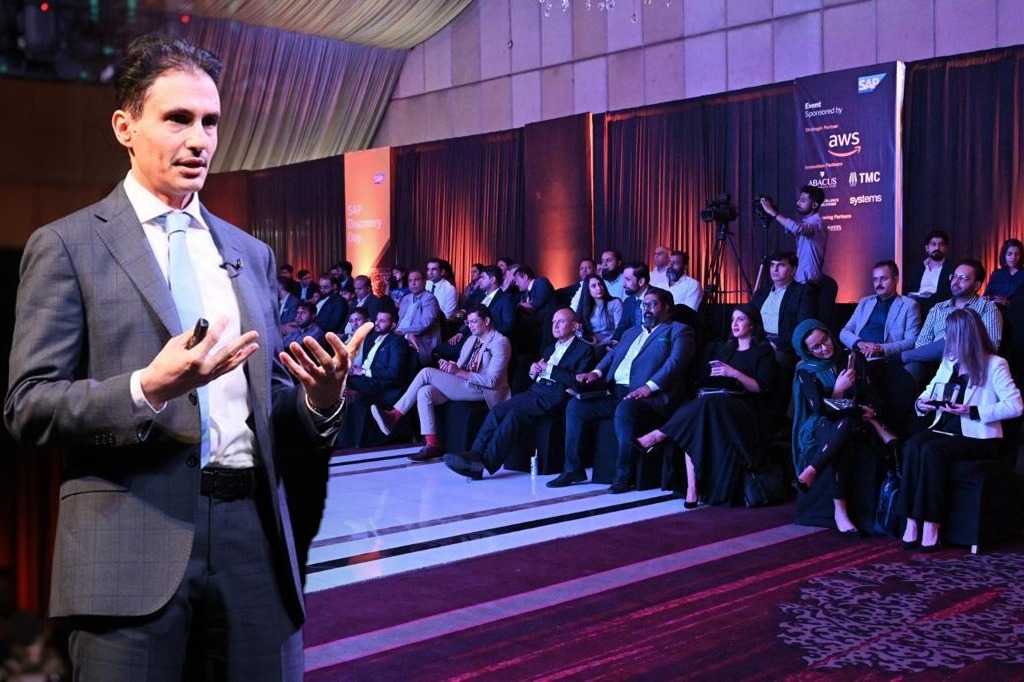STAFF REPORTER
ISLAMABAD: In a recent press release by the Society for the Protection of the Rights (SPARC), health activists have emphasized the importance of the government remaining steadfast on its decision to increase the Federal Excise Duty (FED) on cigarettes. According to their analysis, this move could potentially generate a substantial revenue of 364 billion for the government from the tobacco sector in the fiscal year 2023-24. Moreover, it would serve as a crucial step in safeguarding the youth from the harms of tobacco.
Mr. Malik Imran, Country Head of Campaign for Tobacco-Free Kids (CTFK), highlighted that higher tobacco taxes present a win-win situation for the government. Not only would it contribute to revenue generation, but it would also help decrease tobacco consumption—an approach recommended by the World Health Organization. Mr. Imran expressed concerns about the tobacco industry’s efforts to undermine the significant progress made by the government of Pakistan in protecting children and low-income groups from the dangers of tobacco.
Dr. Ziauddin Islam, Former Technical Head of the Tobacco Control Cell at the Ministry of Health, stated that despite the tobacco industry’s misinformation campaigns, their falsehoods have now been fully exposed. The industry has resorted to tactics such as front-loading and abrupt production changes to evade tax hikes and influence tax policies. Furthermore, overblown figures of illicit trade have been presented to pressurize the government into withdrawing the FED in the budget. Dr. Islam emphasized that tobacco is the largest silent killer in Pakistan, causing over 170,000 deaths annually and imposing an economic burden of 615 billion, equivalent to 1.6% of Pakistan’s GDP.
Khalil Ahmed Dogar, Program Manager at SPARC, underscored the immense financial losses caused to the national exchequer by the tobacco industry. On average, Pakistani smokers spend 10% of their monthly income on cigarettes. Alarmingly, approximately 1,200 Pakistani children between the ages of 6 and 15 initiate smoking every day. The sale of cigarettes to minors and in proximity to educational institutions remains a constant concern in the country. Increasing the FED would make cigarettes less affordable for low-income citizens and children, thereby safeguarding them from harm.
The health activists urged the government of Pakistan, under the leadership of Prime Minister Shahbaz Sharif, to maintain its momentum in protecting public health and not be swayed by the deceptive campaigns of the tobacco industry. They emphasized that the additional revenue generated from increased FED could be utilized to strengthen the public health infrastructure and enhance the well-being of the nation.








